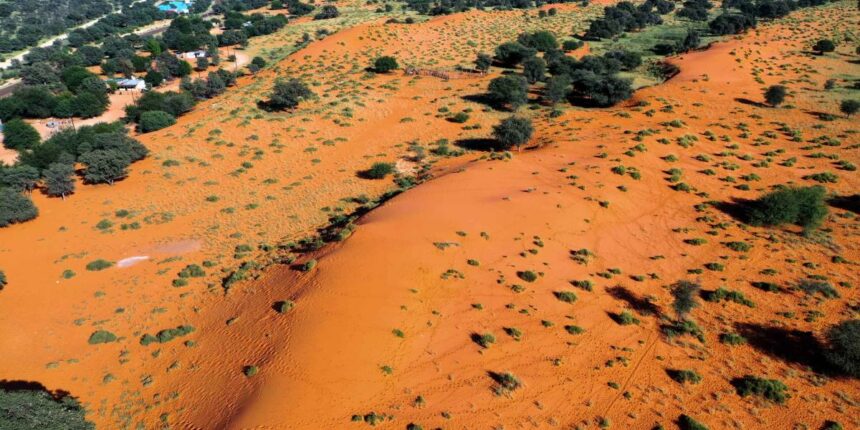The Europe-Africa relationship has evolved over 50 years and has been institutionalised in various conventions as summarised in the table below
| The evolution of EU/Africa, Caribbean and Pacific (ACP)relationship |
| 1957 Part IV Rome TreatyMaintains privileged access to metropolitan markets for former colonies and extends preferential access for these associated territories to other EEC member state markets1963 First Yaoundé Agreement (renewed 1969)Reciprocal preferential trade access between EEC member states and the associated states. European Development Fund (EDF) established as an additional source of concessionary finance Joint Council of Ministers, joint Parliamentary Assembly, and committee of Ambassadors established Under Arusha conventions of 1968 the East African Community Countries were linked to Yaoundé II but do not participate in the political institutions1974 First Lomé Agreement (renewed 1979, 1984, 1990, 1995)Former British colonies are included for the first time, Nigeria leads negotiation and agrees not to claim against the EDF Africa, Caribbean, Pacific (ACP) Group established with its own Secretariat in Brussels Reciprocity abolished STABEX (1979) and MINEX (1984) schemes set up to support ACP agricultural prices and to insure against a slump in mineral export prices. 1998 South Africa becomes signatory of the Lomé Convention but is excluded from the trade chapters. Signs a Trade, Development and cooperation and cooperation agreement providing for an asymmetrical free trade area to be phased in over 12 years2000 Cotonou Agreement
Although based on the same principles of sovereignty and equality as previous agreements, the Cotonou agreement seeks to encourage “the smooth and gradual integrations of the ACP countries into the world economy’. The signatories are committed to conclude WTO compatible Free- Trade economic Partnership Agreements (EPAs) by December 2007 Article 9 of the Agreement makes aid disbursement conditional on democratic governance and respect for human rights The Agreement entered into force in April 2003 and will run for 20 years |
Source: Adapted from Mayall 2005:297
Both the EU and Africa face a number of questions today that are to do with with the future of this relationship
For instance,
- Is the relationship in its current form sustainable?
- What about the joint institutions through which the relationship is managed? Are they still relevant today?
- What will happen after the Cotonou Agreement expires in 2020
- Are the regional groupings founded on colonial ideology still relevant today?
- Is the relationship flexible enough to deal with changes within the international community such as the new providers of development aid?
Africa On The Blog has teamed up with the think tank European Centre for Development and Policy Management to consider these questions in a series of posts that are linked here as well the implications of changes on the world stage for the EU-Africa relationship.
To join this conversation on Twitter follow @AfricaOTBlog or @ECDPM using hashtag #AfricaEU2014 you can also follow opinions on the matter at the ECPDM blog
